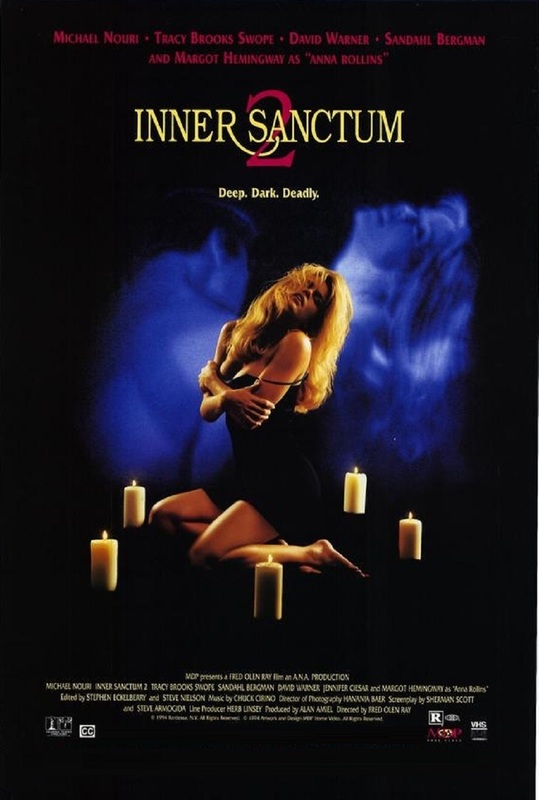

In other words, it was the men who had authority in society women were seen as subordinate to men. South African society (and this applies in varying degrees to all race groups) are conventionally patriarchal.

The reason for this ‘invisibility' of women, calls for some explanation. Not only did most of these older books lean heavily towards white political development to the detriment of studies of the history and interaction of whites with other racial groups, but they also focused on the achievements of men (often on their military exploits or leadership ability) virtually leaving women out of South African history. Previously the history of women's political organization, their struggle for freedom from oppression, for community rights and, importantly, for gender equality, was largely ignored in history texts. It is only over the last three or four decades that women's role in the history of South Africa has, belatedly, been given some recognition.


 0 kommentar(er)
0 kommentar(er)
